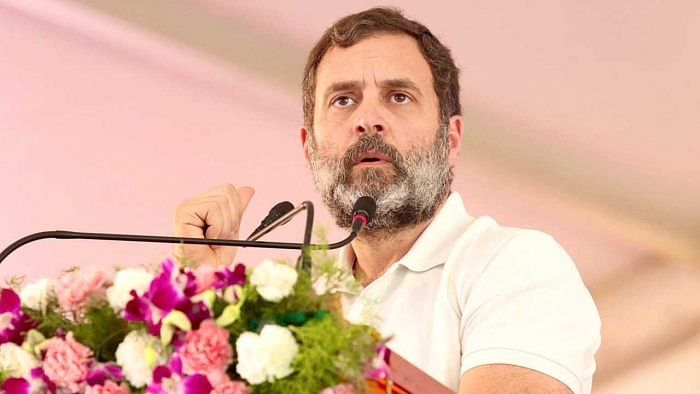
It is conduct that Congress leader Rahul Gandhi later admitted that he has come to regret.
The Supreme Court, in its 2013 judgement, in the Lily Thomas versus Union of India case, did away with the provision in the country’s electoral law that allowed convicted legislators - MPs, MLAs and MLCs - to retain their seats until they had exhausted all judicial remedies till the apex court.
The SC struck down Section 8(4) of the Representation of the People Act, which allowed elected representatives three months to appeal their conviction, as “unconstitutional”. This meant that a legislator convicted of a crime and given a minimum of 2 years’ jail loses membership of the House with immediate effect.
The Manmohan Singh government brought in an ordinance, ostensibly to provide relief to ally RJD’s chief Lalu Prasad, that sought to overturn the SC order. But on a late September afternoon in 2013, Gandhi publicly called the ordinance “complete nonsense” that should be torn and thrown out.
Gandhi’s public criticism of the ordinance made the government withdraw it. If not, the proposed amendment would have saved Gandhi from the prospect of immediate disqualification as an MP.
Gandhi’s political rivals have used that incident ever since as evidence of his disrespect for the PM’s chair and its then occupant.
Deccan Herald is on WhatsApp Channels | Join now for Breaking News & Editor's Picks